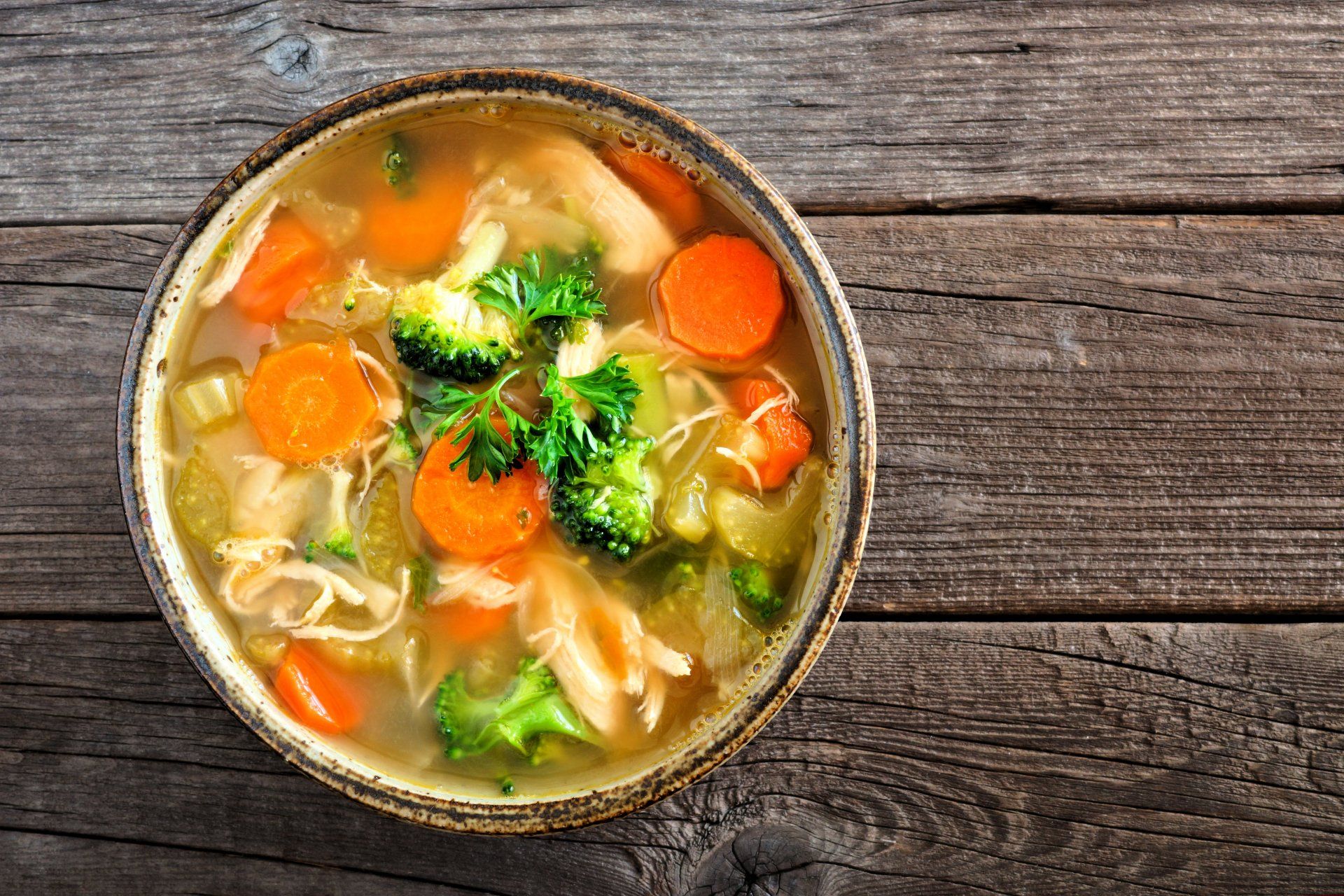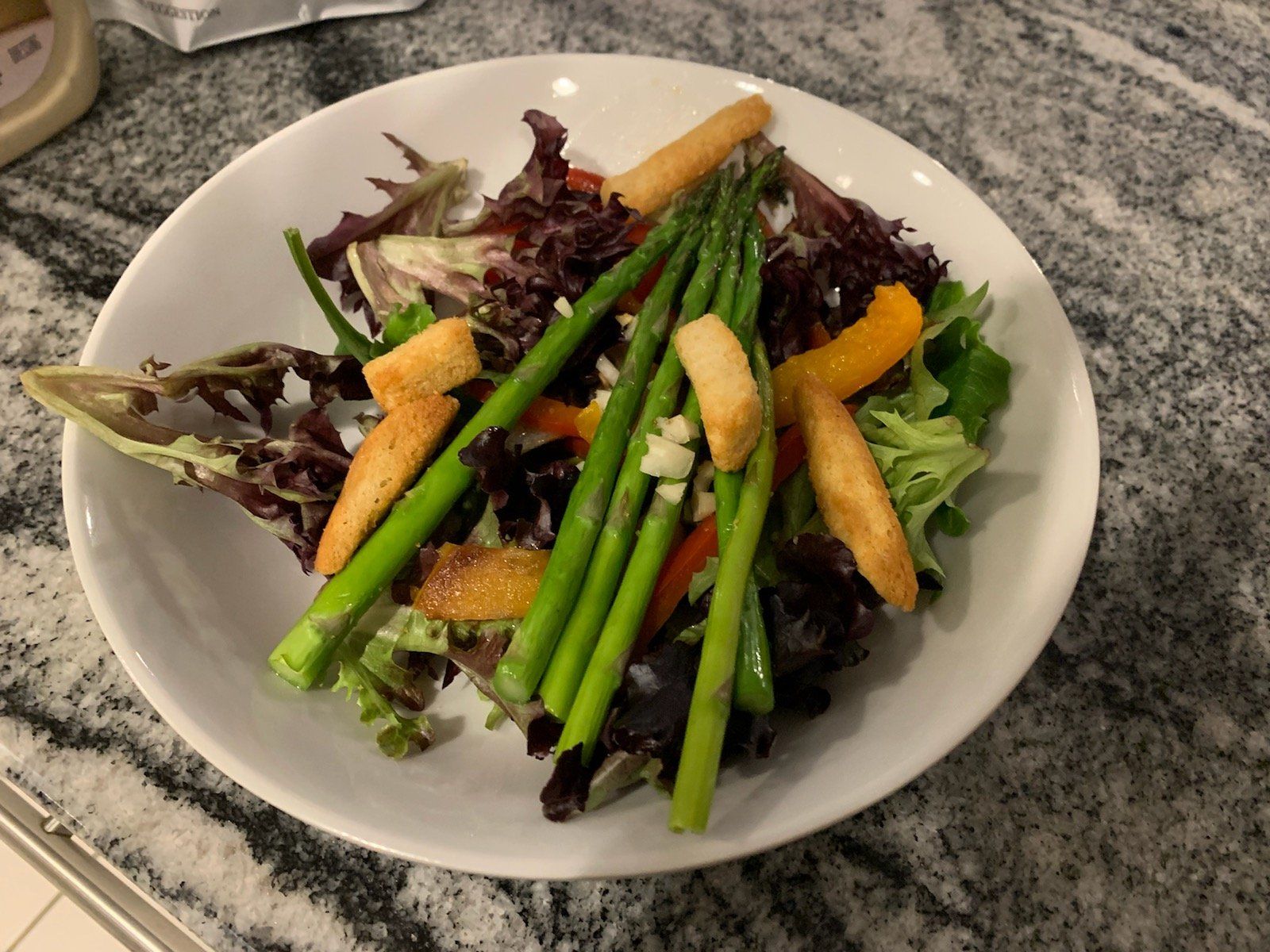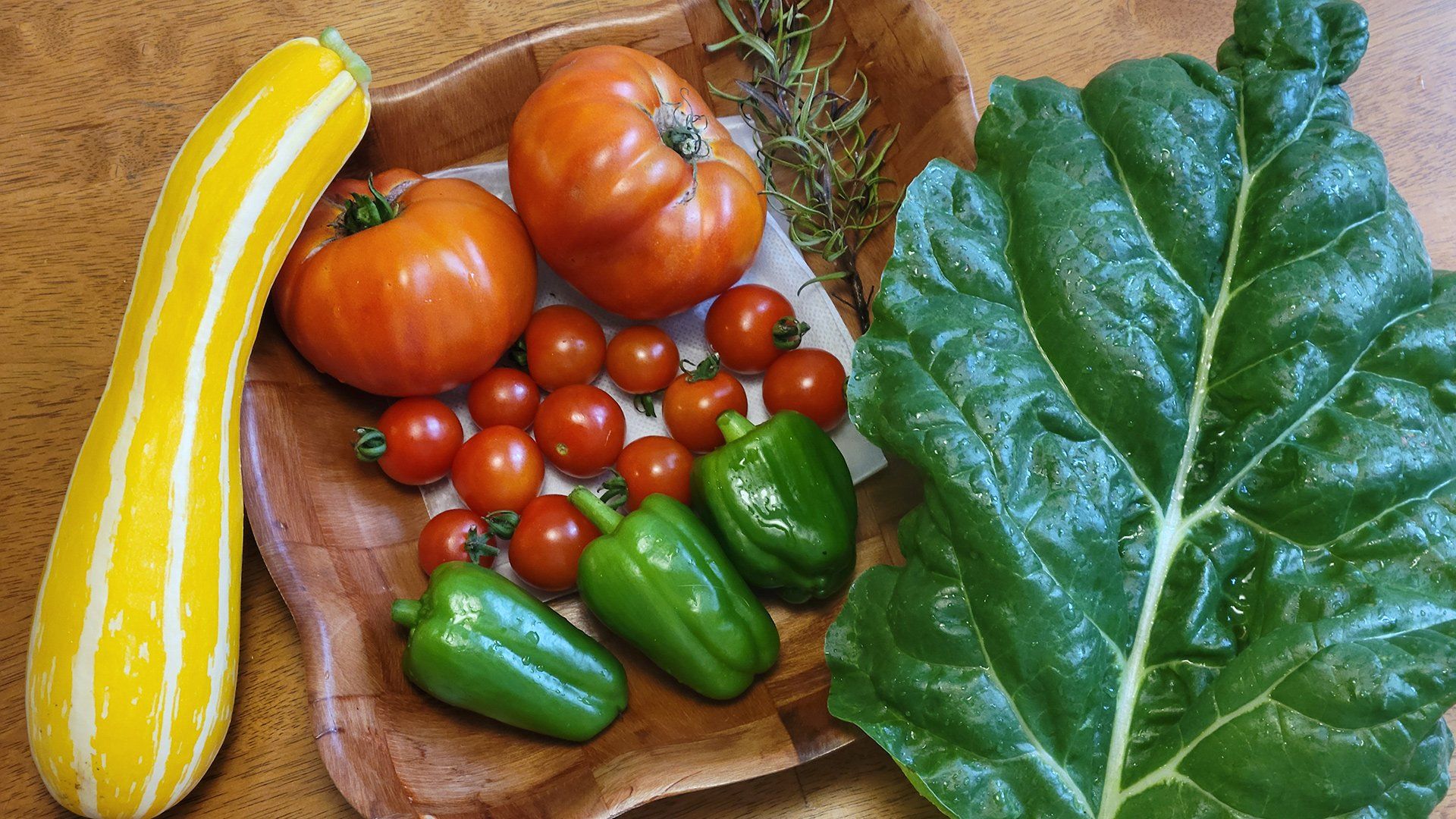Many Food Manufacturers are Sweet on Sugar

It is not surprising that food companies use a lot of research and science to add taste. To maximize sales, many food companies hide sugar in other forms. An alternative, yet common practice, is to replace natural sugars with artificial sweeteners that haven’t been studied enough to understand their long-term effects. Some foods contain an inordinate amount of added sugar like regular soft drinks, which can tip the scales at 65 grams or more (approximately 16 teaspoons of sugar in one serving)!
Many food manufacturers use creative writing skills when naming and describing their products. For example, the terms “All Natural” or
"Naturally Sweetened" are not subject to much regulation. However, some more righteous food companies are literally upfront about the sugar content in their various products by placing the grams of total sugar on the front of the package. Recent legislation in effect by the US FDA requires both Total Sugars and a subcategory of sugars that are included but added during the food process. Look for "Includes xx g (grams) of Added Sugars on most labels of foods that are not a singular ingredient.
So how much is too much and how can we avoid added sugar in foods? According to health.gov the average American gets 17 teaspoons of Added Sugars daily, which equates to over 270 calories. Here’s what the American Heart Association recommends: No more than 6 teaspoons of added sugar for women (about 100 calories) and 9 teaspoons for men (about 150 calories) . That amount might vary slightly for size and activity, but not noteworthy. The number is much lower for children. To limit added sugar, start by simply eating a variety of mostly whole foods that are minimally processed and avoid sugary beverages, baked goods, overly sweetened cereals, and snacks (even if they say energy bar - still look at the label). Of course, if you have health concerns, certainly check with your healthcare provider, and collaborate with a qualified nutritionist or dietitian before making changes.
Sugar and related forms: Sugar, honey, cane sugar, high fructose corn syrup (HFC -most health experts say, stay away), brown sugar, fruit juice, agave, maple syrup, molasses, malt syrup/solids, rice syrup, raw sugar, maltodextrin, carob syrup, fructose, dextrose, coconut sugar, maltose, rice syrup, sucrose, glucose, galactose – there are more believe it or not.
Many individuals have chosen to reduce sugar to prevent illnesses, diseases, and conditions. There are naturally occurring sugars in fruit and eating the whole fruit gives you the combination of fiber, enzymes, and phytonutrients you just won’t get from fruit juices. Bonus, there are no added sugars in fruit such as an apple, just look at the label (kidding about the label - apples don't need labels). Sugar also occurs naturally in dairy, grains, and some vegetables (yep veggies, but not much)… so why add more sugar? Perhaps it is a combination of taste and convenience. You are not as likely to see a super busy person slowly chewing on a bunch of asparagus or broccoli, right? Just use your head, not so much your sweet tooth, make reasonable best efforts, and READ THE LABEL!
This article is intended to be provide knowledge of general health, nutrition, fitness, and wellness principles and is not medical advice. Please consult with a physician or healthcare provider if you have questions.








